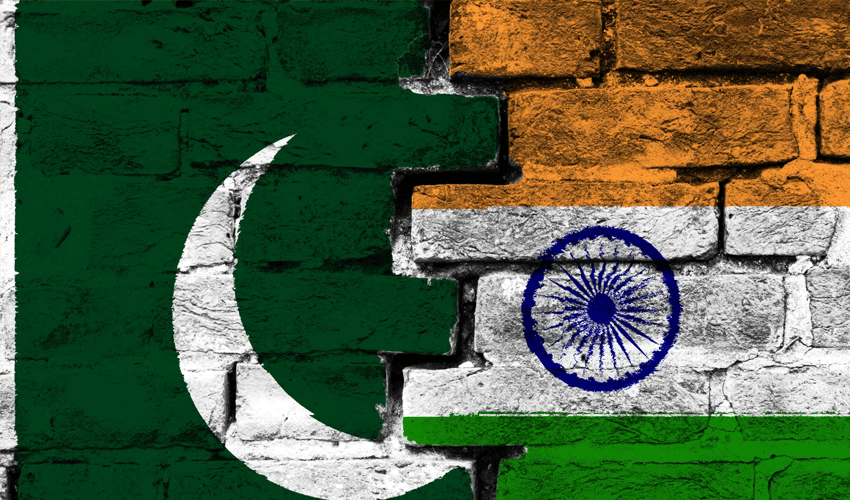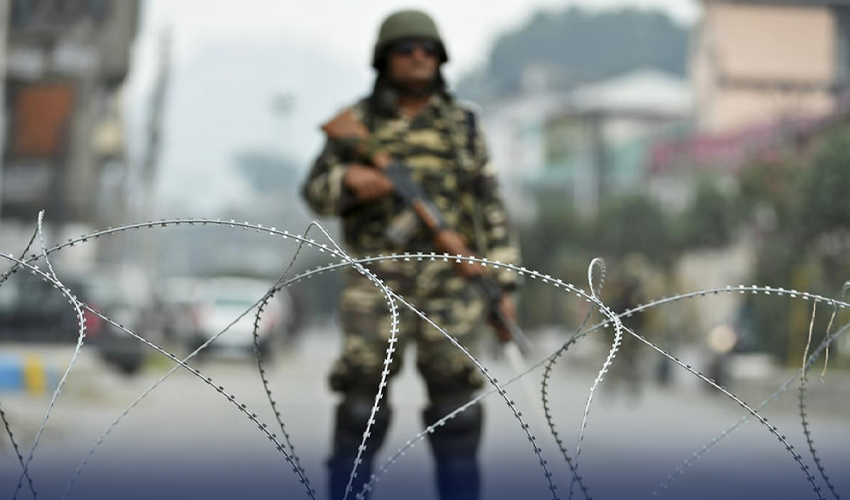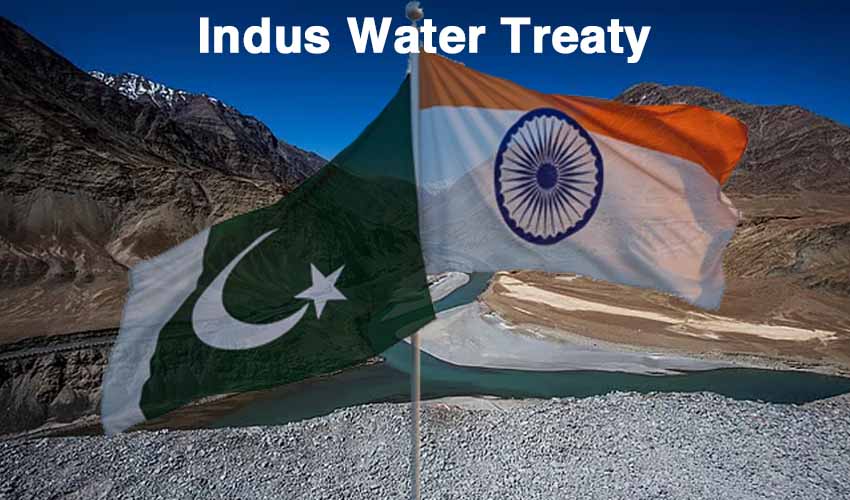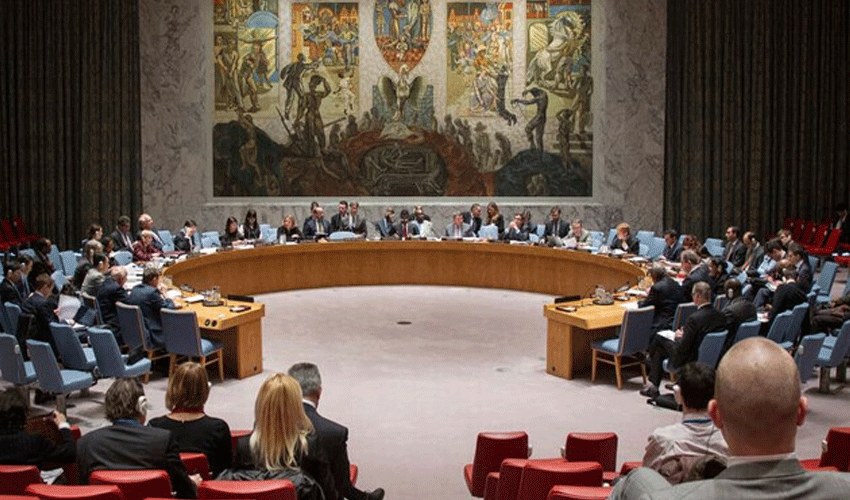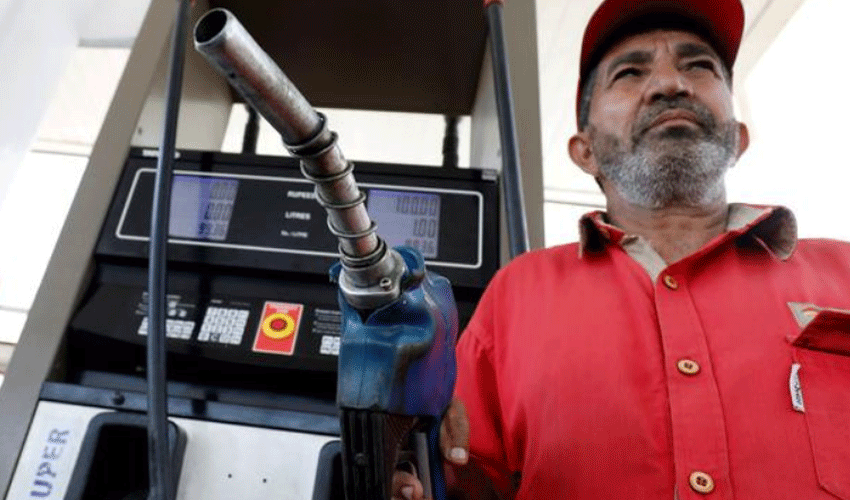A recent New York Times investigation has exposed India's increasing war rhetoric against Pakistan in the aftermath of what many are calling the "Pahalgam incident." According to the report, the Indian government, led by Prime Minister Modi, immediately blamed Pakistan for the attack without presenting any substantive evidence to the international community.
The NY Times investigation reveals that India appears to be preparing justification for military action against Pakistan rather than working to reduce regional tensions. The Modi administration has reportedly contacted dozens of world leaders seeking support for potential actions against Pakistan, while simultaneously accusing its neighbor of supporting terrorist groups targeting India.
In a significant escalation, India has suspended the 1960 Indus Water Treaty, a long-standing water-sharing agreement between the two nuclear powers. Diplomatic relations have deteriorated further with India expelling diplomats and canceling visas.
The report highlights concerns from foreign states demanding that India present concrete evidence linking Pakistan to the Pahalgam incident. Despite these calls for transparency, Indian officials have yet to publicly provide proof of Pakistani involvement.
Domestically, the Indian government has intensified its crackdown in Kashmir, leading to increased human rights violations according to the New York Times. Anti-Muslim sentiment across India has reportedly intensified, with Kashmiri students facing harassment and expulsion from educational institutions.
International analysts and diplomats quoted in the report suggest India may be using external conflict to divert attention from internal challenges, noting that "India needs to gather information about the terrorist attack before attacking Pakistan."
The comprehensive NYT investigation paints a concerning picture of escalating tensions in a region already marked by historical conflict between nuclear-armed neighbors.





